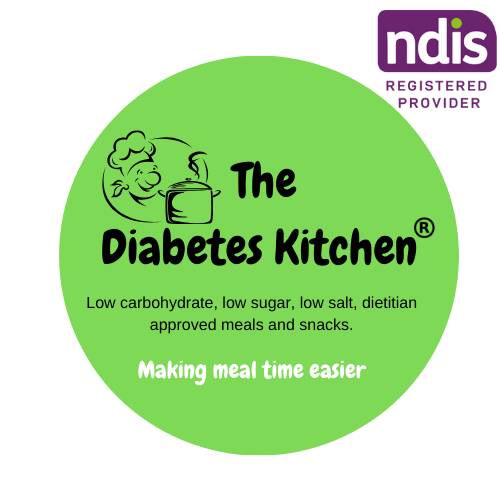Traveling as a diabetic can be enjoyable and safe with proper planning and awareness. Here are some key considerations and tips for diabetics when traveling:
-
Consult Your Healthcare Provider: Before traveling, schedule a visit with your healthcare provider to discuss your travel plans. Ensure your diabetes is well-managed and that you have enough medication and supplies for the duration of your trip.
-
Carry Extra Supplies: Pack more than enough insulin, test strips, lancets, and any other supplies you use regularly. Consider packing extra in case of unexpected delays or losses.
-
Keep Medications in Carry-On: Always carry your diabetes medications, insulin, and supplies in your carry-on bag. Don't check them in case your checked luggage is lost or delayed.
-
Carry a Prescription: Bring a copy of your prescription for insulin or other medications, as well as a letter from your healthcare provider explaining your condition and treatment. This can be useful if you encounter any issues with airport security.
-
Keep Medications Cool: Insulin and some medications need to be kept cool. Invest in a travel cooler or cooling pouch to store your medications. Make sure you have access to ice packs or a refrigerator when needed.
-
Monitor Blood Sugar: Check your blood sugar more frequently than usual while traveling, especially if you're changing time zones or routines. Changes in diet, activity levels, and stress can affect your blood sugar.
-
Stay Hydrated: Drink plenty of water to stay hydrated, but be mindful of sugary drinks. Carry your own water bottle to refill as needed.
-
Watch Your Diet: Maintain a balanced diet as much as possible. Try to eat regular meals and snacks to avoid extreme blood sugar fluctuations.
-
Carry Snacks: Pack diabetes-friendly snacks like nuts, low-sugar protein bars, or fruit to prevent low blood sugar episodes. These can be especially helpful during long flights or bus rides.
-
Be Cautious with Alcohol: If you choose to consume alcohol, do so in moderation and consider its impact on your blood sugar. Alcohol can lead to hypoglycemia (low blood sugar).
-
Wear a Medical Alert Bracelet: In case of an emergency, wear a medical alert bracelet or necklace that identifies you as diabetic. Include contact information for a family member or friend who can be reached in case you're unable to communicate.
-
Learn Local Phrases: If traveling to a foreign country, learn essential phrases in the local language to communicate your condition and dietary needs.
-
Know the Local Healthcare System: Familiarize yourself with the healthcare system at your destination, including the location of pharmacies and hospitals. Carry a list of emergency contacts and healthcare providers.
-
Travel Insurance: Consider purchasing travel insurance that covers medical emergencies and unexpected delays. Ensure it includes coverage for your pre-existing condition.
-
Plan Ahead: Plan your daily activities, meals, and any necessary adjustments to your insulin or medication schedule. Share your plans with a travel companion who can assist in case of an emergency.
By taking these precautions and staying vigilant, you can have a safe and enjoyable travel experience as a diabetic. Always prioritize your health and well-being while exploring new destinations.





